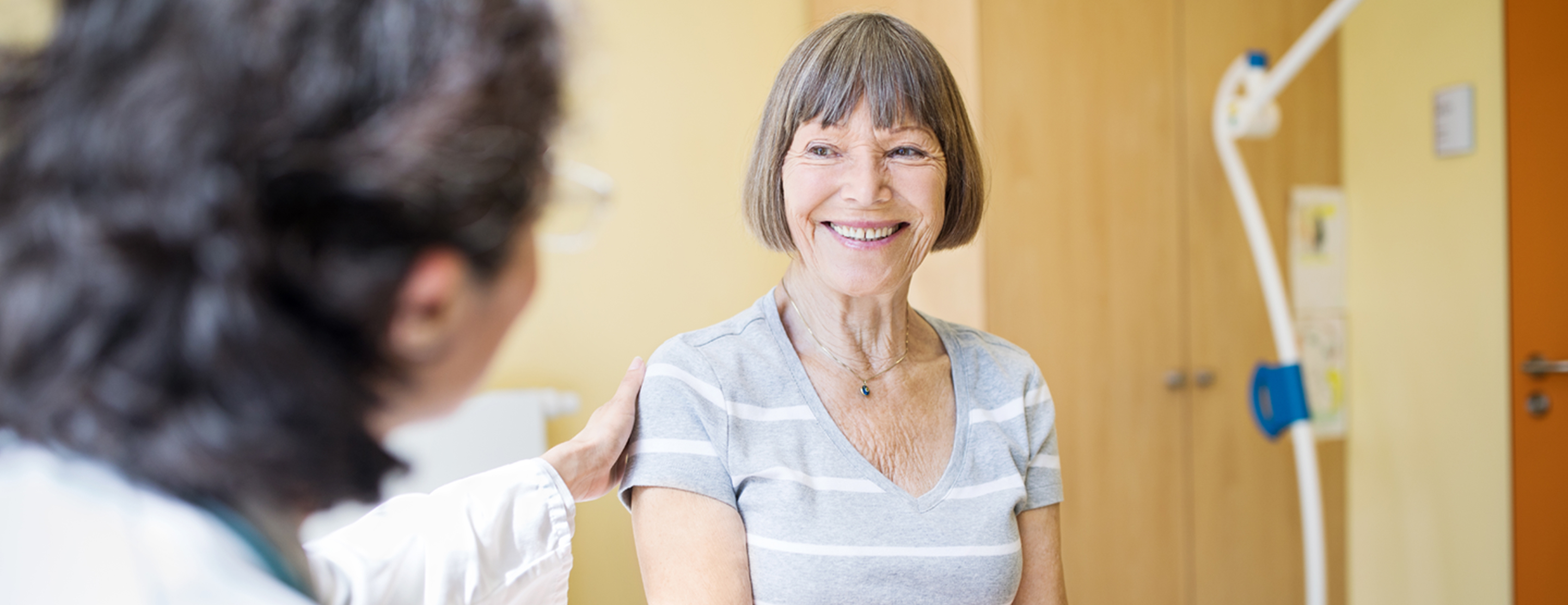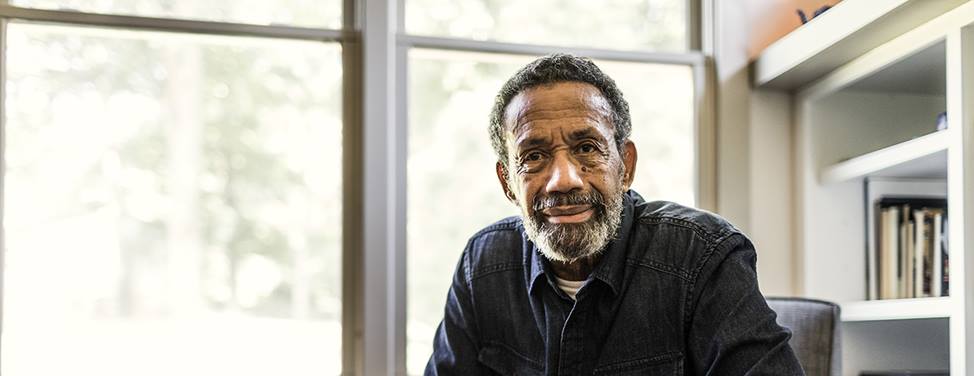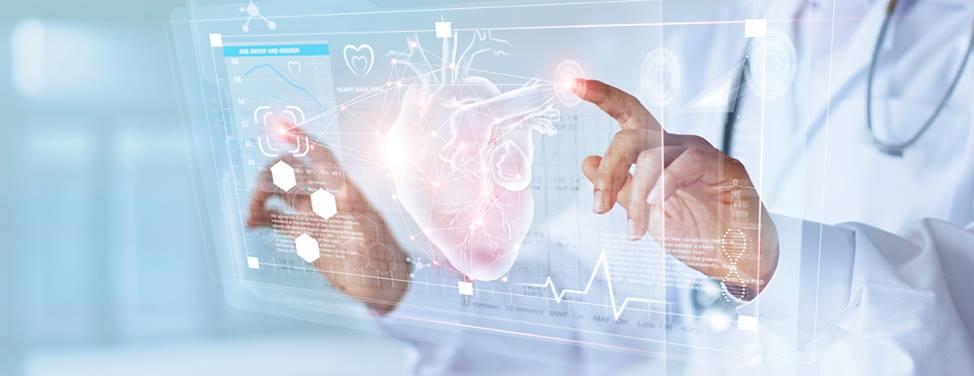
Preparing for an EP Study
Before your electrophysiology (EP) study or catheter ablation procedure, please do the following:
- Get instructions about the food you may eat. You will be asked not to eat or drink for six to eight hours before the procedure to prevent nausea.
- Arrange for a friend or family member to drive you to and from the hospital.
- Bring a list of your current medications and doses.
You may be asked to stop taking certain medications several days before the study to ensure accurate results. Blood thinners such as Coumadin are usually stopped four days before the procedure. If you are taking a blood thinner, please let your doctor know.
Tell your doctor or nurse about any allergic reactions you have experienced from medications.
Before your procedure, your doctor will review your medical history and examine you. He or she also will explain the purpose of the procedure, its potential benefits and possible risks. Because an EP study is "invasive," requiring the insertion of catheters into the body, it involves some risk. The risk is small, however, and the study is relatively safe.
Most patients who undergo EP studies don't experience complications, but discuss the risk factors as well as any questions, concerns or feelings you have with your doctor.
You and your family will meet with the electrophysiology nurse coordinator a day or two before your procedure in the UCSF Ambulatory Care Center at 400 Parnassus Ave. in San Francisco. The nurse coordinator will provide instructions for your electrophysiology study or catheter ablation procedure and answer any questions.
Pre-admission tests, such as lab work and a 12 lead electrocardiogram (ECG or EKG), will be performed, if not performed earlier. Your pre-admission blood sample will be drawn in the laboratory on the first floor of the Ambulatory Care Center.
If you live far from UCSF Medical Center, the nurse coordinator will consult with you by phone and arrange to have your pre-admission tests performed at your personal doctor's office.
Dos and Don'ts
Here is a list of things to do and not to do before your electrophysiology (EP) or catheter ablation procedure at UCSF Medical Center.
Do:
- Take your medicines as usual, unless our office tells you otherwise. Please inform our office if you are on Coumadin or medications for your heart rhythm.
- Bring your medicines to the hospital.
- Bring any medical records or lab results that your personal doctor asks you to take to the doctors who will be performing your electrophysiology study. Make sure your referring doctor has sent copies of any cardiac studies you've had, and electrocardiograms (ECG or EKG) of your arrhythmia, if available, to UCSF.
- Pack a small bag with personal toiletries for your hospital admission.
- Eat a regular supper the evening before your electrophysiology study.
- Arrive at UCSF Medical Center, 505 Parnassus Ave., at 7:15 a.m., or the time instructed. Go to the Admitting Office, Room M-140 on the first floor. Public parking is available across the street. From the Admitting Office, you'll be directed to the next location.
Don't:
- Make sure you don't eat or drink anything after midnight, the night before your test. Don't drink any water unless you need to take your regular morning pills on the day of the procedure. Take your pills with only enough water to swallow them.
- Please do not bring large sums of money or valuables to the hospital unless family or friends coming with you will hold them during the electrophysiology study.
We want to make your stay at UCSF Medical Center as pleasant and comfortable as possible. If you have any questions, please feel free to call our nurse coordinator at (415) 476-9194 or our main office at (415) 476-5706.
UCSF Health medical specialists have reviewed this information. It is for educational purposes only and is not intended to replace the advice of your doctor or other health care provider. We encourage you to discuss any questions or concerns you may have with your provider.











